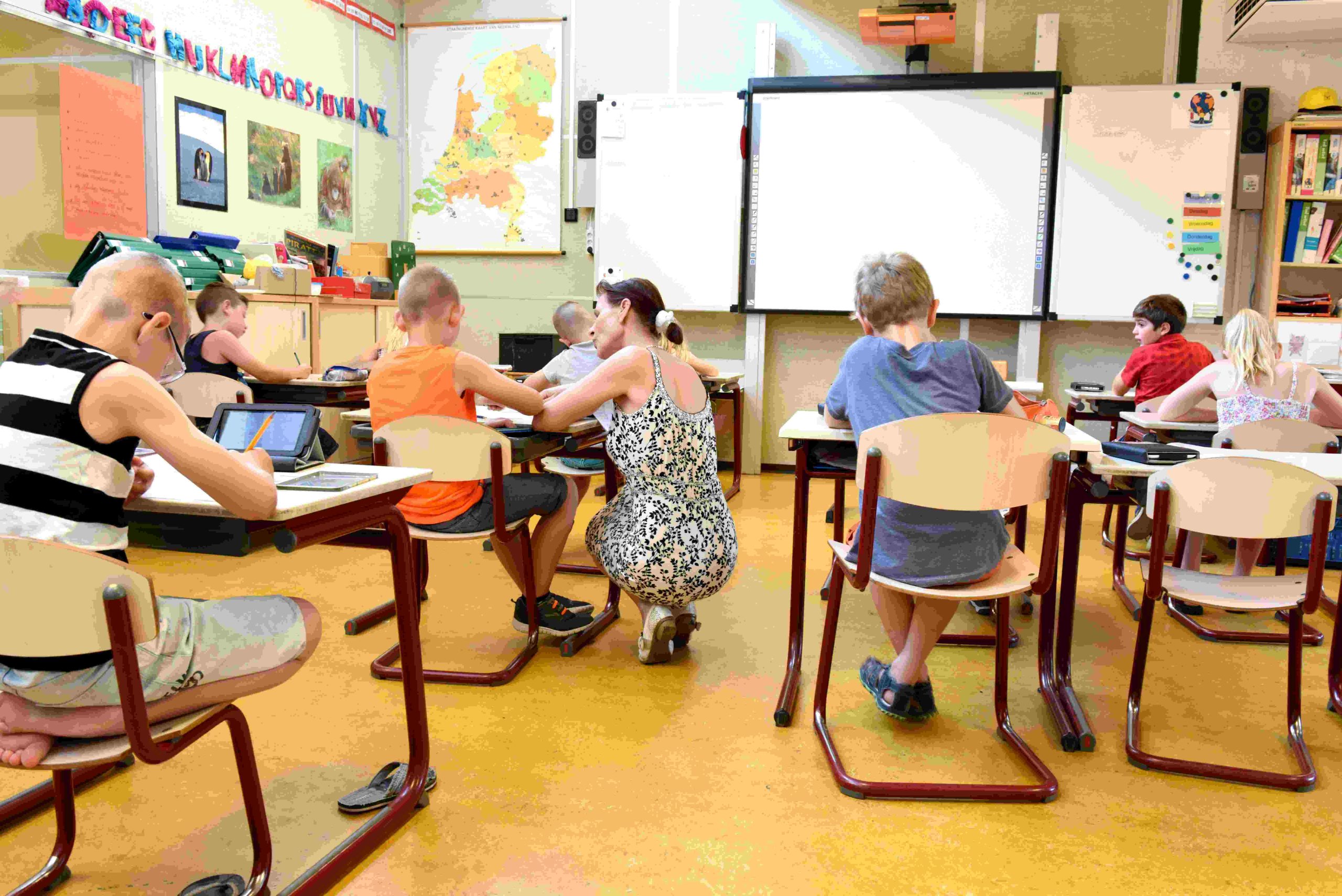
Empowering Preschoolers through Synthetic Phonics: Unlocking the Path to Literacy
The Essence of Synthetic Phonics: Unraveling the Soundscape
In the realm of early literacy, Synthetic Phonics shines as a pedagogical approach that focuses on phonemic awareness, the ability to identify and manipulate individual sounds in words. The fundamental principle behind Synthetic Phonics is to equip preschoolers with the necessary skills to decode words and understand their underlying structure. It harnesses the power of phonics—the relationship between sounds and written symbols—allowing preschoolers to make meaningful connections between spoken and written language.
The Benefits of Synthetic Phonics: A Gateway to Literacy
The implementation of Synthetic Phonics in preschool education yields numerous advantages that have a lasting impact on preschoolers’s literacy development. By fostering a strong phonetic foundation, preschoolers gain valuable skills that empower them to become confident and proficient readers and writers.
The Role of Educators: Nurturing Literacy through Synthetic Phonics
The successful implementation of Synthetic Phonics rests upon the dedicated efforts of educators who play a pivotal role in fostering a love for language and a passion for literacy. Educators become catalysts for preschoolers’ growth by employing innovative teaching strategies and creating an environment that nurtures curiosity and exploration.
The Path Forward: Embracing Synthetic Phonics for Lifelong Learning
Synthetic Phonics represents a transformative approach that has the potential to reshape preschoolers’ literacy journeys. By equipping them with the foundational skills to unlock the written word, Synthetic Phonics empowers preschoolers to become lifelong learners, capable of embracing the boundless opportunities that literacy offers.
Overcoming Challenges: Implementing Synthetic Phonics Effectively
While Synthetic Phonics holds immense potential in fostering preschoolers’ literacy skills, its successful implementation requires addressing certain challenges and considerations.
Beyond Preschool: The Continuum of Literacy
Synthetic Phonics serves as a stepping stone in preschoolers’ literacy journeys, setting the stage for further growth and development as they progress through their educational years. It forms the foundation upon which more advanced reading and writing skills are built, enabling preschoolers to tackle increasingly complex texts and tasks.
The Parental Role: A Partnership in Phonics
While educators play a significant role in implementing Synthetic Phonics, the involvement of parents and caregivers is equally essential. Parents can act as valuable partners in their preschooler’s phonics journey, reinforcing learning at home and fostering a supportive environment for literacy development.
Addressing Individual Needs: Inclusive Phonics Instruction
Synthetic Phonics embraces an inclusive approach, ensuring that all preschoolers, including those with diverse learning needs, receive tailored support and opportunities for growth. By adopting strategies that cater to individual needs, educators and parents can ensure that every child experiences success and progress in their phonics journey.
Looking Ahead: Evolving Phonics Practices
As education evolves and new research emerges, phonics instruction continues to evolve and adapt. Educators and researchers are continually exploring innovative approaches and refining phonics practices to meet the changing needs of preschoolers in a dynamic educational landscape.
The Broader Impact: Beyond Literacy Skills
While Synthetic Phonics primarily focuses on developing preschoolers’ literacy skills, its impact extends beyond the realm of reading and writing. The skills and strategies acquired through Synthetic Phonics instruction have far-reaching effects on various aspects of preschoolers’ cognitive, social, and emotional development.
The Future of Synthetic Phonics: Continuous Growth and Adaptation
As we look to the future, the evolution of Synthetic Phonics remains a dynamic process, shaped by ongoing research, technological advancements, and the changing educational landscape. It is essential to stay open to new ideas and innovations that can further enhance preschoolers’ literacy experiences and outcomes.


